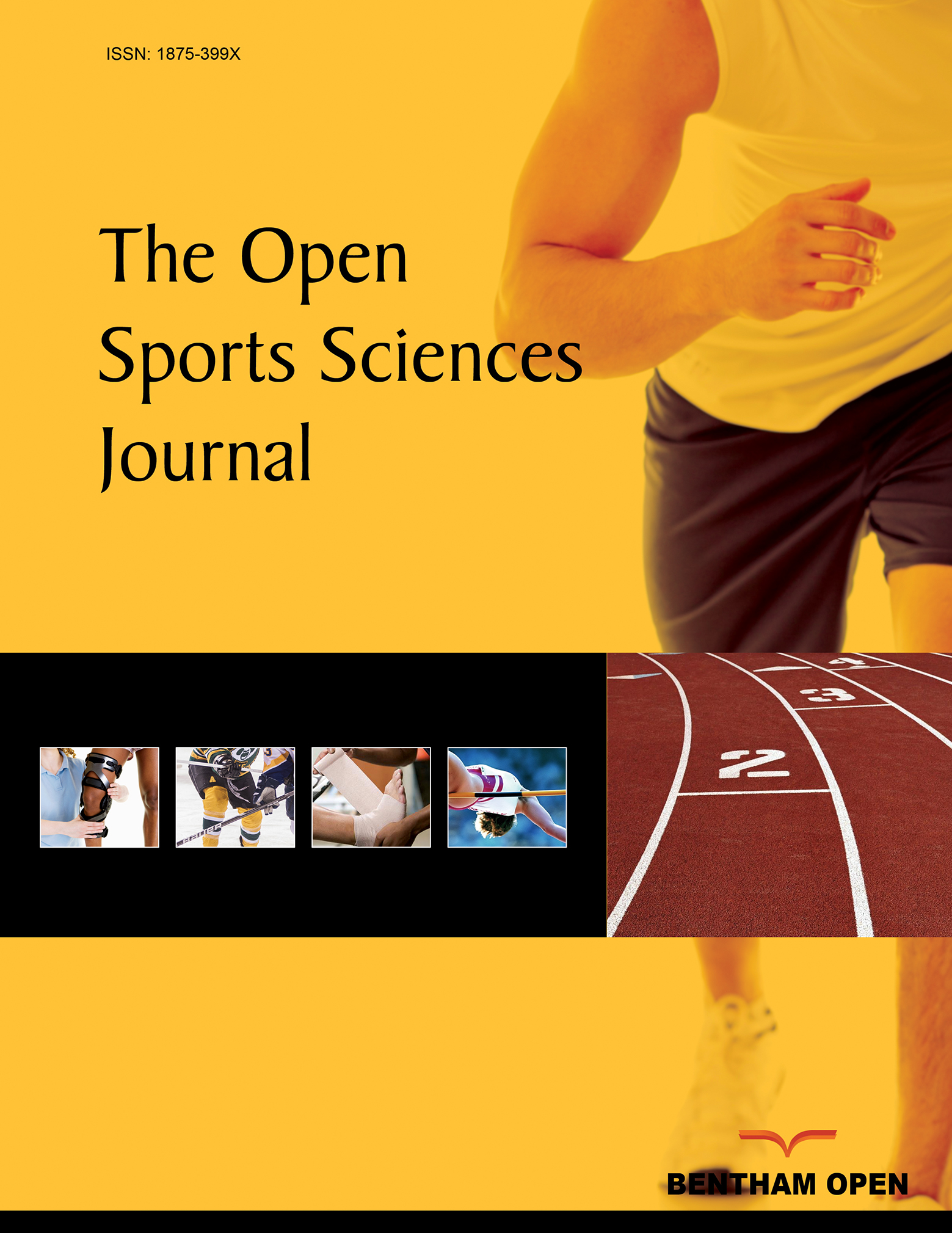All published articles of this journal are available on ScienceDirect.
Can Self-Doubt Be Beneficial to Performance? Exploring the Concept of Preparatory Efficacy
Abstract
Sport competition can be divided into a preparatory (practice) and performance (competition) process. Selfefficacy beliefs taken just prior (i.e., within 24 hr or after a final practice session) to the actual competition are referred to as performance efficacy beliefs; whereas, efficacy beliefs measured during the preparation or practice stage are referred to as preparatory efficacy beliefs. Consistent with the vast majority of efficacy research, Bandura [1] suggests that high performance efficacy perceptions are best for performance. In contrast, he suggests that preparatory efficacy perceptions should optimally reflect some sense of self-doubt because they serve as an impetus that motivates increased preparatory effort. Ultimately, greater preparatory effort should lead to stronger competitive performance. Despite Bandura’s observations of this process at work, no empirical studies have examined preparatory efficacy perceptions, preparatory effort, performance efficacy, and performance across a single preparation-competition process. This article examines the concept of preparatory efficacy, existing experiential and empirical support for the concept, and finally, suggestions, applications, and implications for future research.


